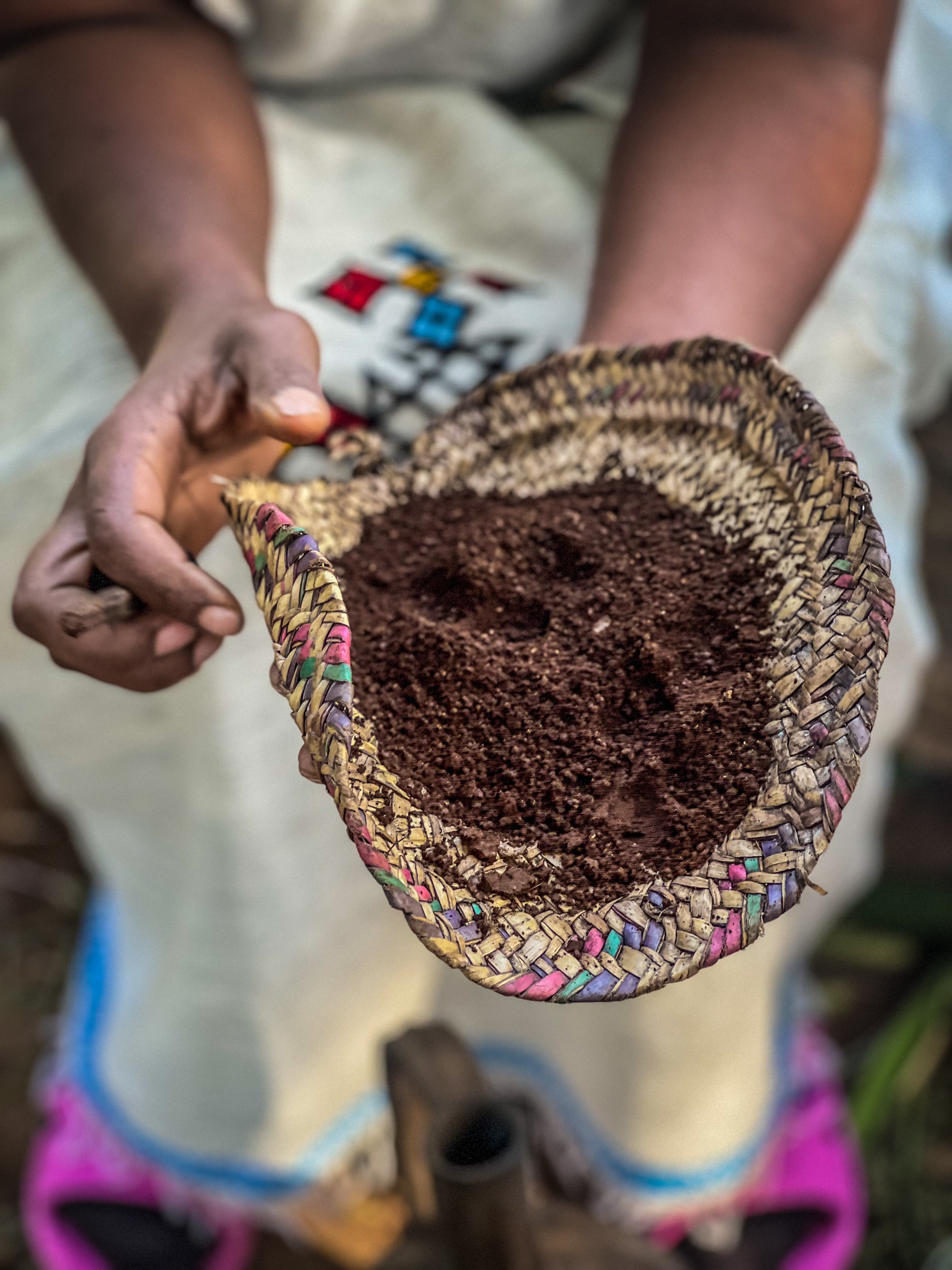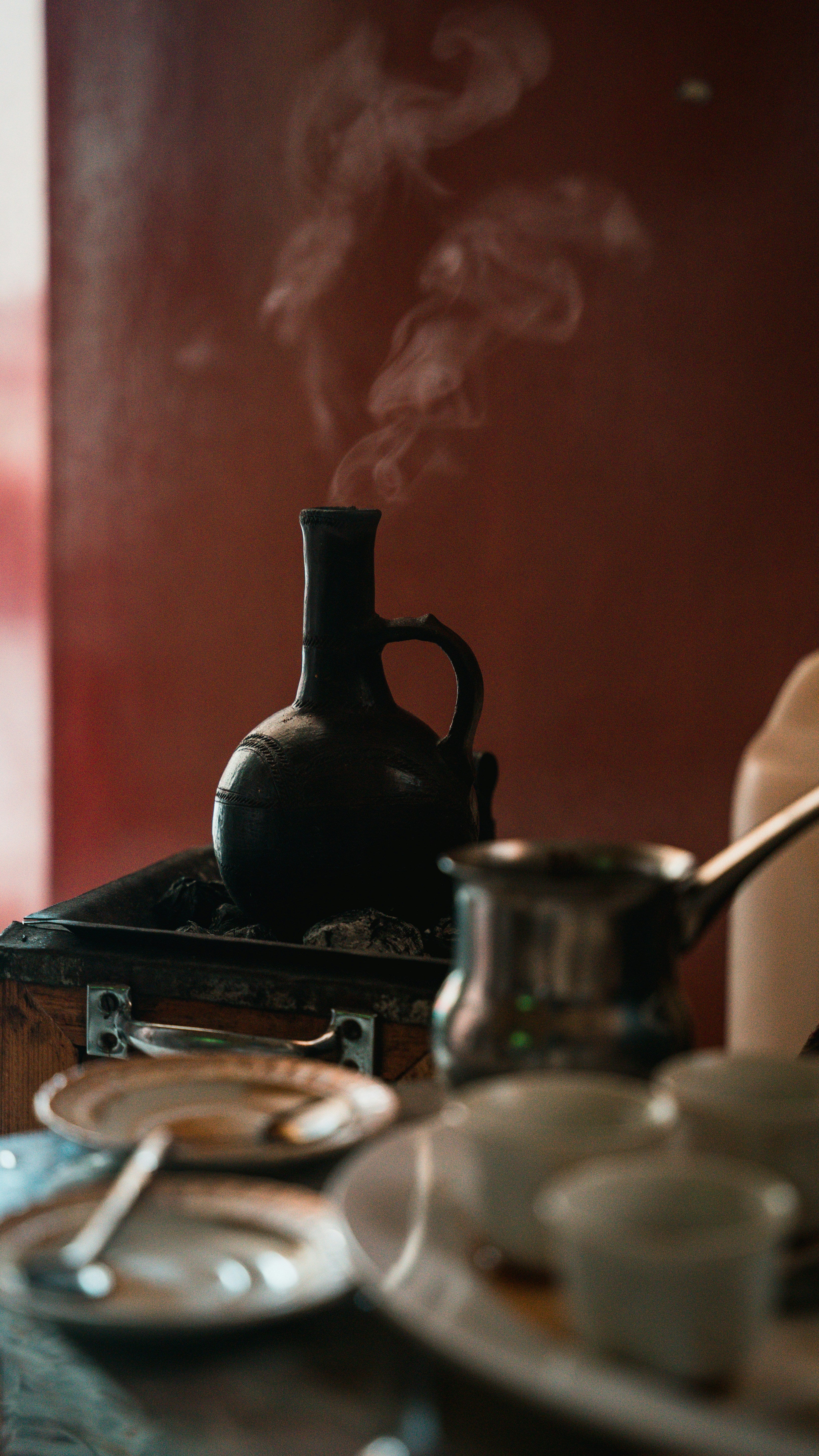Origin Of Coffee
The origin of coffee is often linked to a legend from 9th-century Ethiopia. A goat herder named Kaldi noticed his goats became energetic after eating red berries from a certain tree. Curious, Kaldi tried the berries himself and experienced a similar boost.


He shared the discovery with local monks, who initially dismissed it but later found that roasting, grinding, and brewing the berries produced a drink that helped them stay awake during long prayers. This drink became coffee.
After harvesting, the coffee cherries are processed to remove the pulp and skin, ensuring high-quality beans. These beans are then expertly roasted to highlight their distinctive flavors and aromas. The coffee is carefully packaged in various sizes to preserve its quality for both individual consumers and wholesale buyers. Finally, our premium coffee is brewed into a range of exquisite beverages, including espressos, lattes, and traditional coffee, delivering a rich and immersive experience from farm to cup.

History
Historically, coffee plants are native to Ethiopia's Kaffa region. From there, coffee spread to Yemen, where it was cultivated and became part of Sufi practices. By the 15th century, it reached the Arabian Peninsula and, by the 17th century, Europe. Coffeehouses sprang up, making coffee a global beverage.